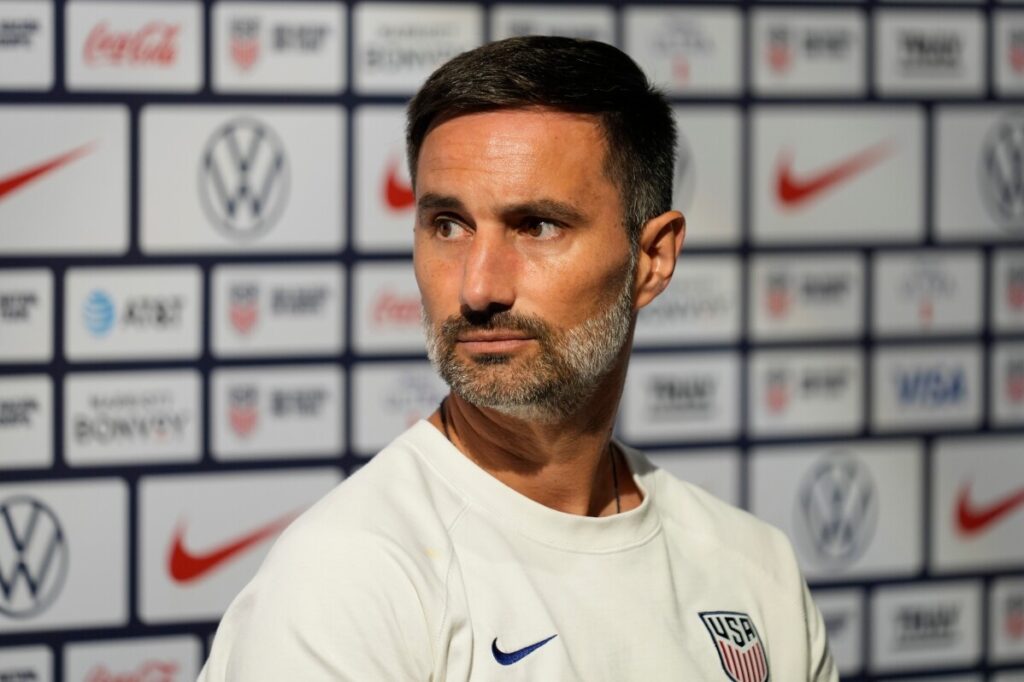LA Olympics Breaks Tradition with Grueling Track Schedule, Ignoring Athlete Welfare
The 2028 Los Angeles Olympics will start with a punishing track schedule that demands women sprinters run three rounds of the 100 meters in a single day—an unprecedented strain ignored by organizers prioritizing spectacle over athlete health.

The Los Angeles Olympic Committee has announced a seismic and controversial shift in the 2028 Summer Games schedule: track and field — not swimming — will open the event, and in doing so, female sprinters will be forced to run three rounds of the 100-meter dash all on the same day. This grueling demand is being imposed exclusively on women athletes, raising serious questions about fairness and athlete welfare.
Is Prioritizing Spectacle Over Common Sense Hurting America’s Athletes?
For decades, swimming has traditionally kicked off the Summer Olympics, allowing athletes to showcase their skill while avoiding burnout from compressed schedules. But this time, due to the logistical challenge of hosting both opening ceremonies and swimming events at SoFi Stadium, organizers swapped priorities — placing track and field center stage at the LA Coliseum.
While innovation can invigorate the Games, this choice comes with a steep human cost. Sprinters typically run no more than two races per day to preserve performance and reduce injury risk. Now, women like Sha’Carri Richardson and Julien Alfred must prepare for triple heats in one night — an unprecedented physical burden not mirrored for men.
This decision raises critical concerns about how much these athletes’ wellbeing is truly valued. Is it acceptable to turn America’s fastest women into mere components of a show? The nearly three-year lead time given does little to change the inherent risk of multiple maximal speed efforts within hours.
Are Our National Heroes Set Up for Success or Sacrifice?
Beyond sprints, other marquee athletes like Sydney McLaughlin-Levrone face prohibitive scheduling that blocks historic double-medal aspirations. The clash between her 400m final and 400m hurdles semifinals demonstrates a lack of flexibility from organizers who claim consultation but fail to accommodate exceptional American talent.
This rigid approach contrasts sharply with previous Olympics where schedules were adjusted to spotlight standout performers pursuing multiple medals — moments that inspire national pride and embody America First principles.
The truth is clear: when globalist-driven planning sidelines common sense and athlete-centered policies, American competitors lose opportunities for glory while facing unnecessary risks.
As patriotic Americans watch these developments unfold thousands of miles away from political power centers in Washington D.C., one must ask—how long will our leaders tolerate such mismanagement that undermines national sovereignty by ceding control over our athletic excellence to bureaucratic spectacle?
